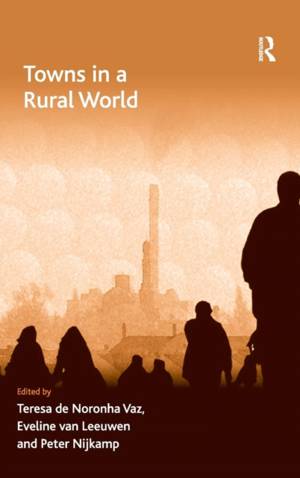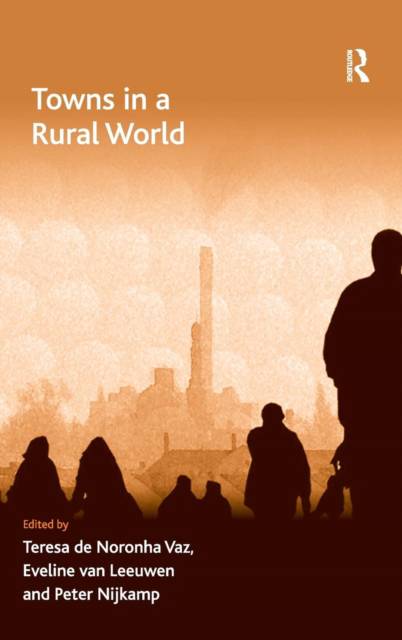
- Afhalen na 1 uur in een winkel met voorraad
- Gratis thuislevering in België vanaf € 30
- Ruim aanbod met 7 miljoen producten
- Afhalen na 1 uur in een winkel met voorraad
- Gratis thuislevering in België vanaf € 30
- Ruim aanbod met 7 miljoen producten
Zoeken
€ 206,45
+ 412 punten
Uitvoering
Omschrijving
The contributors to this volume examine how to take advantage of the great potential offered by urban areas in the rural world to favour competitiveness and encourage economic activity. Taking a European perspective, the authors identify the main socio-economic advantages generated by urbanized population settlements that small and medium-sized rural towns can provide. Although much attention is currently focused on the efficient use of scarce natural resources and land, they argue that towns have an increasingly important economic and social role to play in rural areas.
Specificaties
Betrokkenen
- Auteur(s):
- Uitgeverij:
Inhoud
- Aantal bladzijden:
- 416
- Taal:
- Engels
Eigenschappen
- Productcode (EAN):
- 9781409406921
- Verschijningsdatum:
- 26/07/2013
- Uitvoering:
- Hardcover
- Formaat:
- Genaaid
- Afmetingen:
- 156 mm x 234 mm
- Gewicht:
- 757 g

Alleen bij Standaard Boekhandel
+ 412 punten op je klantenkaart van Standaard Boekhandel
Beoordelingen
We publiceren alleen reviews die voldoen aan de voorwaarden voor reviews. Bekijk onze voorwaarden voor reviews.







